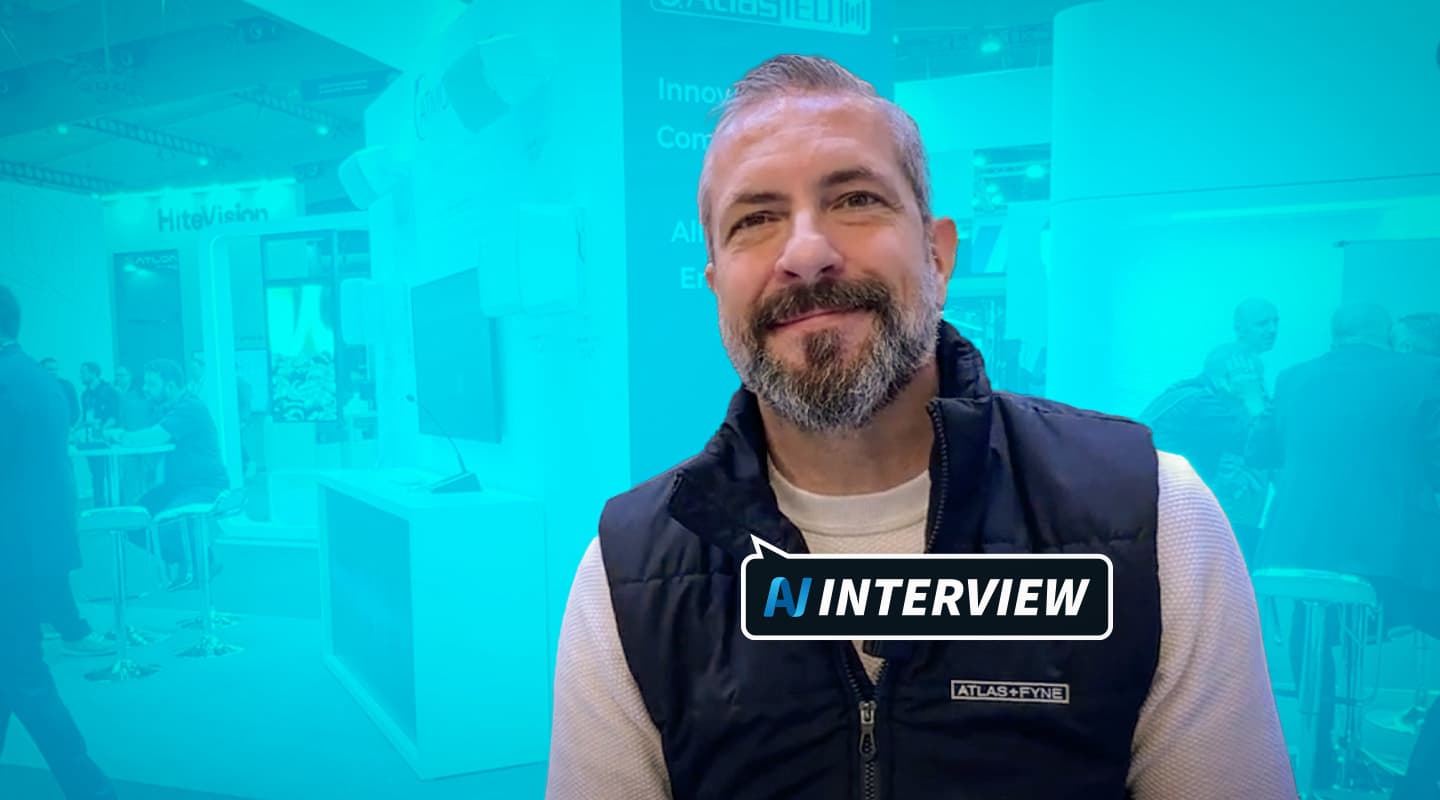
AV Interview: Johnathan Ivey, AtlasIED
Christopher Holder sits down with Johnathan Ivey, owner of AtlasIED, to hear how he’s transformed a brand once synonymous with budget ceiling speakers into a powerhouse of integrated AV solutions.
Interview:/ Christopher Holder
The way AtlasIED boss, Johnathan Ivey, describes it, when he took over some seven years ago, his company was best known for “cheap ceiling speakers and microphone stands”. But obviously he had other plans: “Back then, it was old 70V contractor audio — it sounded bad, it really did. Transformer technology was basic, the amplifiers weren’t great, and the systems were very frequency limited. We knew immediately we had to change all that.”
When we chatted at this year’s ISE show in Barcelona I started by asking him how he went about switching this up.
Johnathan Ivey: Coming from a consumer audio background focused on subwoofers and high-end AV, we knew what was possible. One of the first things we did was rethink transformer technology. Traditional transformers were large, resonant, multi-steel plate designs, hand-wound and dipped in varnish. We shifted to a new manufacturing technique: high tensile winding machines, UV-sealed epoxy dips — much more stable. We now have transformers capable of passing 18Hz at only 3dB down.
Christopher Holder: You’re clearly passionate about the engineering side.
Johnathan Ivey: I’m a product guy, first and foremost. I prefer spending our resources on R&D and engineering. About seven years ago, when I took over, I started building the team I wanted. That took a couple of years, but the last five have been intense.
Christopher Holder: Who was your first major hire that helped set the tone?
Johnathan Ivey: Funny story – when Samsung bought Harman, a lot of talented engineers were let go. I went to Elkhart, Indiana, and met with the ex-Crown guys. I said, ‘Come work for me. We’re a family-owned company — no board of directors, no shareholders, no bank debt.’ I promised they could build what they believed in. From there, we picked up the ex-BSS team out of Salt Lake, opened an office there, and that’s when things like Atmosphere started to really come to life.
Christopher Holder: Atmosphere seems central to your vision. How important is it to the future of AtlasIED?
Johnathan Ivey: It’s vital. I believe in offering a single, unified system. AtlasIED is unique — we manufacture metal racks and everything that goes inside them. Integrators used to cobble together solutions: amplifiers from one brand, DSPs from another, racks from somewhere else. We wanted to fix that by offering a complete, engineered solution where everything – hardware, firmware, software – works seamlessly together. It’s especially critical in environments like airports [where AtlasIED has a significant presence], where systems must be mission-critical. Atmosphere makes things easy: plug in a speaker, it self-identifies, it self-tunes. It’s all about simplifying the integrator’s job.
Christopher Holder: It sounds like you’re now focused on larger, mission-critical installs?
Johnathan Ivey: Yes and no. We do most of the McDonald’s locations in North America, a good chunk of Starbucks too. We’re happy handling large deployments, but equally committed to smaller systems, particularly in schools where life safety is paramount. There’s a real need to integrate AV into life safety – not just as an add-on but as a fundamental piece. The goal is to create systems that are easy for integrators to install and for end users to trust.
Christopher Holder: Do you have a big-picture vision for AtlasIED moving forward?
Johnathan Ivey: I do – a massive one. Right now, the industry is fragmented, with lots of smart companies making little pieces of an overall solution. There’s an opportunity for an engineering-driven company like ours to consolidate those pieces into a unified ecosystem. We’re not about eliminating innovation — in fact, we often partner with or bring in these smaller innovators, helping them scale and integrate into larger systems.
Christopher Holder: Like your work with Aimline and Fine Audio?
Johnathan Ivey: Exactly. Take Aimline: a standalone company a few years back. By working with us, they’ve expanded their distribution, improved manufacturing, and now their products natively integrate into our Globalcom system for airports. Similarly, Fine Audio – their IsoFlare technology is phenomenal for high-end hospitality, for example. We’ve helped them reach markets they otherwise couldn’t. These partnerships strengthen the overall ecosystem without squashing innovation.
Christopher Holder: Finally, can you share a tweaky tech innovation you’re working on that might whet the appetite?
Johnathan Ivey: Oh, there’s plenty! I’m excited about our approach to network endpoints. Everything today needs to live on the network, but flooding the network with traffic is costly and inefficient. We’ve developed ways to connect devices – be they speakers, sensors, or monitors – at the edge without burdening the network infrastructure. We’ve built a proprietary low-cost bus that gives the same functionality without requiring expensive switch ports. It’s all about making distributed systems smarter and more efficient.
Christopher Holder: Fascinating. Sounds like we should be watching closely at InfoComm for the next evolution.
Johnathan Ivey: Absolutely. We’ve invested more into R&D over the last five years than the original purchase price of the company. So yes — big things are coming.
NAS: nas.solutions

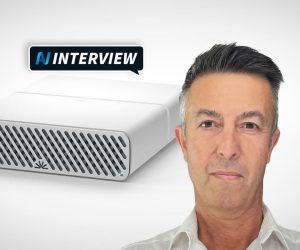
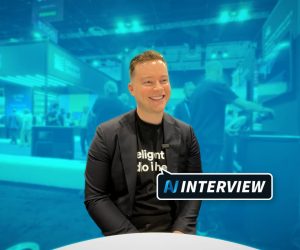
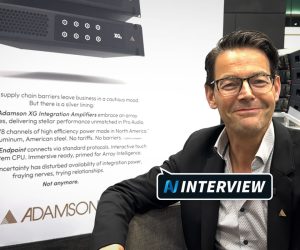
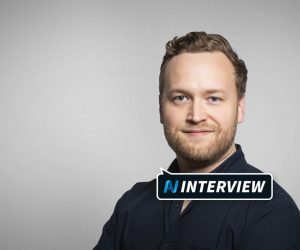
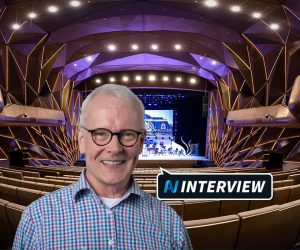
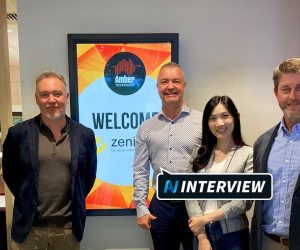
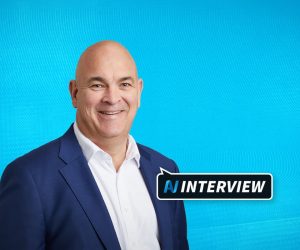
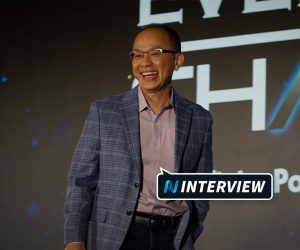
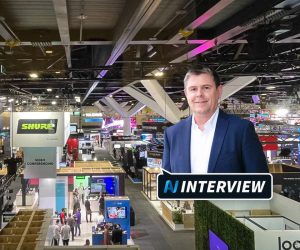
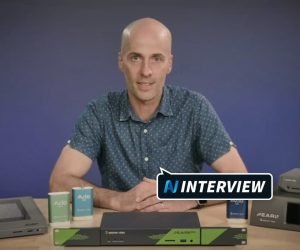
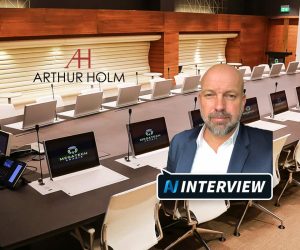
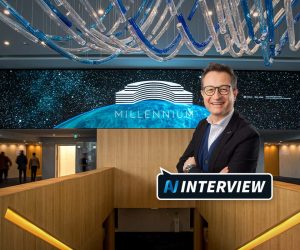
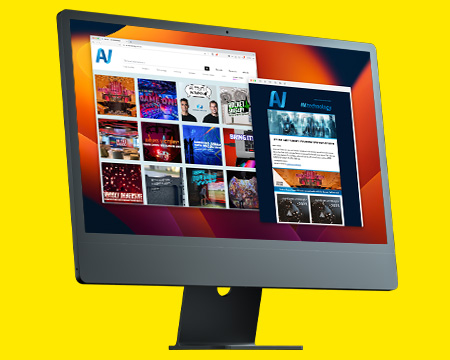

RESPONSES